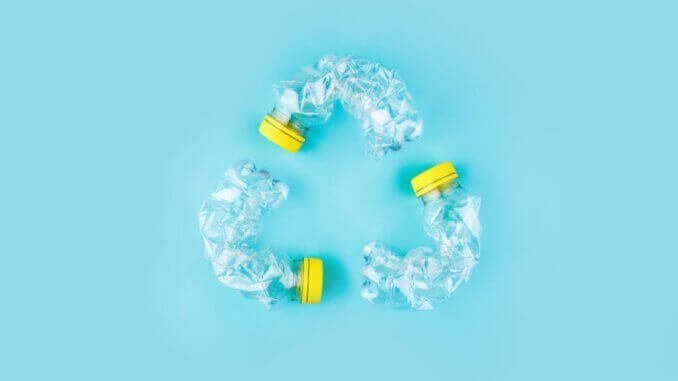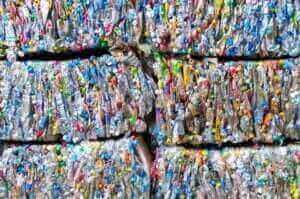
Thank you for reading this post, don't forget to subscribe!
Plastic pollution is a major environmental problem. Plastic waste can take as much as hundreds of years to break down. After breakdown, the plastic ends up in our oceans, rivers, and landfills. This can harm wildlife, pollute our water supply, and contribute to climate change.
Proper disposal of plastic helps to keep our communities clean and safe. Litter from plastic waste can be unsightly and can pose a hazard to wildlife and people.
Plastic pollution can harm human health. When plastic breaks down, it releases harmful chemicals into the environment. These chemicals can enter our food chain and cause health problems, such as cancer and reproductive problems.
Here are some specific examples of the problems that can be caused by improper disposal of plastics:
Plastic pollution in the oceans. Plastic waste can end up in our oceans, where it can harm marine life. Animals can mistake plastic for food, and it can block their digestive systems. Plastic can also break down into smaller pieces that are ingested by fish and other animals. These pieces can accumulate in the food chain, and they can eventually make their way into our own bodies.
Plastic pollution in landfills: Plastic waste that is not recycled can end up in landfills. Landfills are designed to contain waste, but plastic can leach harmful chemicals into the soil and groundwater. These chemicals can pollute our water supply and harm human health.
Plastic pollution in our communities. Litter from plastic waste can be unsightly and can pose a hazard to wildlife and people. Plastic can block storm drains and cause flooding. It can also be a choking hazard for animals.

THE HARMS IMPROPER DISPOSAL OF PLASTICS CAN DO TO OUR HEALTH.
Improper disposal of plastics is unsightly and creates a breeding ground for all sorts of bacteria and viruses. These organisms are harmful to the body and can cause diseases.
When broken down plastic gets into our water supply, this can pose a health challenge. It can lead to cancer and reproductive issues.
The animals we consume can get affected by the improper disposal of plastics. This in turn affects us indirectly.
Ingestion: Animals can mistake plastic for food and ingest it. This can block their digestive systems, causing them to starve or become malnourished.
Chemical exposure: Some plastics contain harmful chemicals that can leach into the environment. When we come into contact with these chemicals, they can suffer from a variety of health problems, including cancer, reproductive problems, and immune system suppression.
READ ALSO
• CBN to mop up dormant account balances
• Fun things to do for the weekend
Leave a Reply